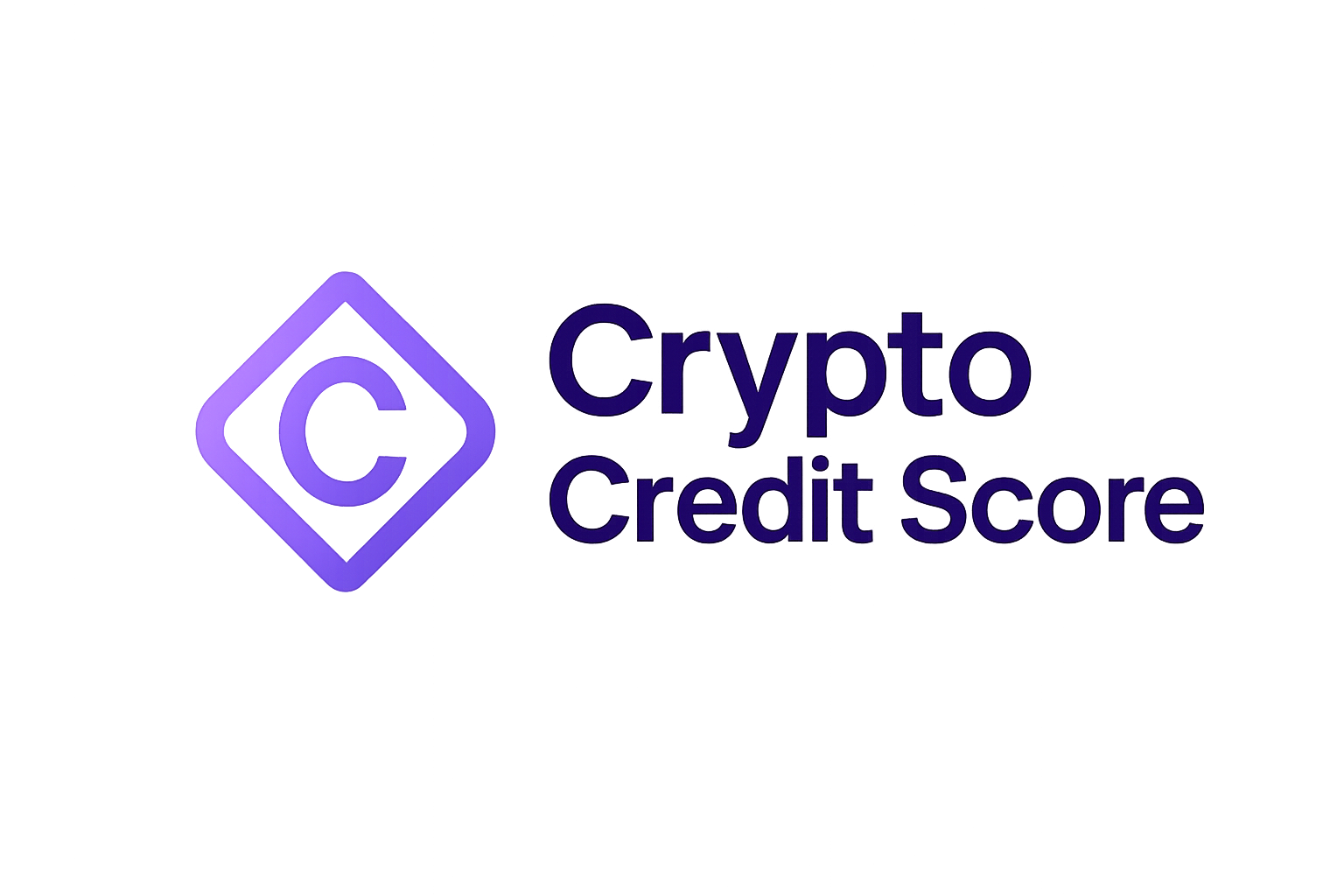
Decentralized finance is at a turning point. For years, DeFi lending platforms have been anchored to overcollateralized models, requiring users to lock up more value than they borrow. While this approach protects lenders, it also means that vast amounts of capital sit idle and millions remain excluded from the ecosystem. The emergence of on-chain credit scores is changing the game, paving the way for undercollateralized lending in DeFi and unlocking new levels of capital efficiency and financial inclusion.

Why On-Chain Credit Scores Matter for DeFi Lending
Traditional finance relies on centralized credit bureaus that aggregate personal data to assess risk. In contrast, decentralized credit scoring leverages transparent and immutable blockchain activity to evaluate user reputation. Every transaction, loan repayment, and protocol interaction leaves a trail on-chain – forming a digital footprint that can be analyzed for creditworthiness without ever compromising user privacy.
This innovation is critical for undercollateralized lending in DeFi. Instead of blanket requirements for high collateral ratios, DeFi protocols can now tailor loan terms based on each user’s actual risk profile. That means more people can access liquidity with less locked capital – a leap forward for both accessibility and capital utilization.
The Mechanics: How Blockchain Reputation Powers Undercollateralized Loans
The heart of this transformation lies in how platforms harness blockchain data:
Key Factors in On-Chain Credit Assessment
-
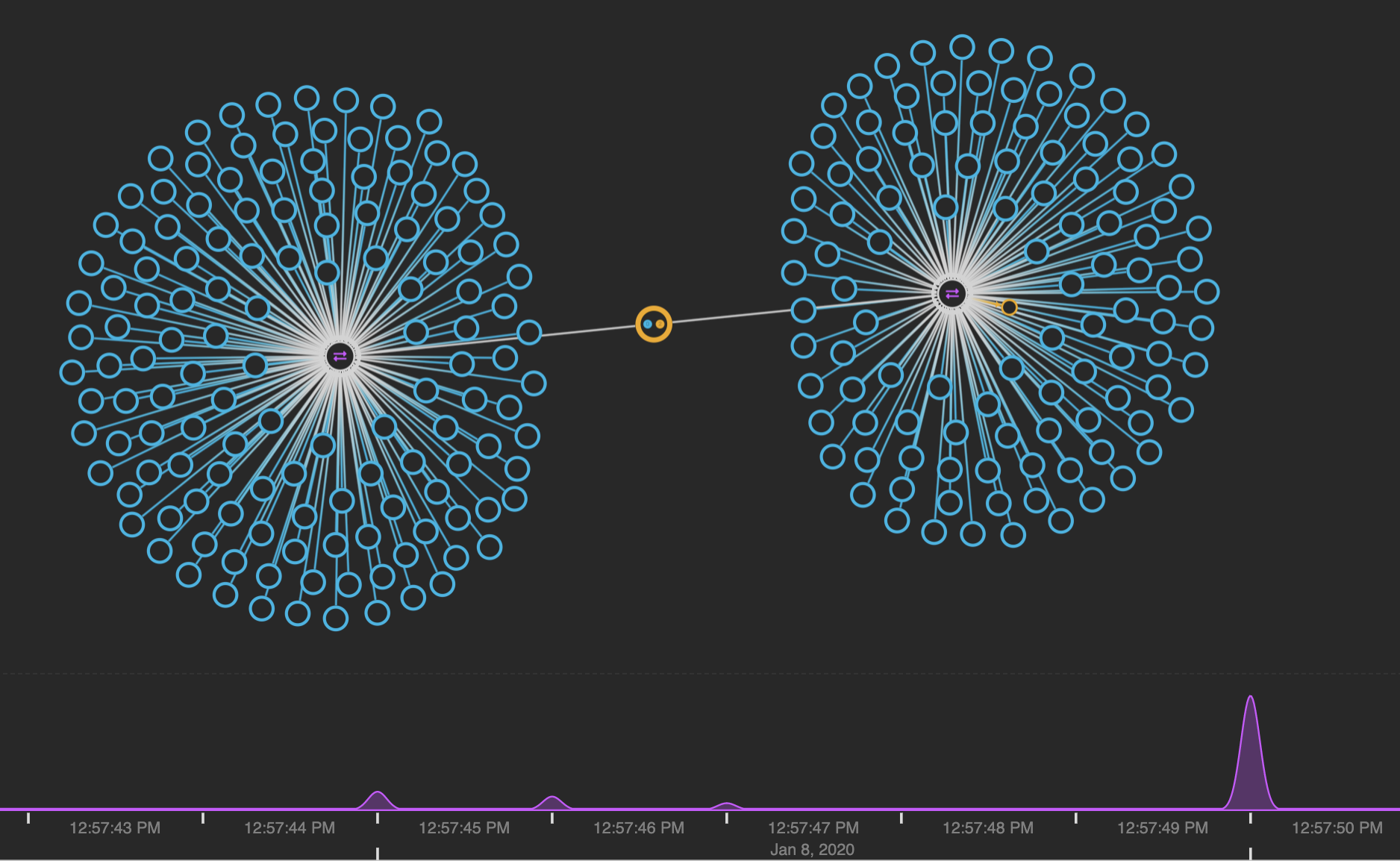
Transaction History: Analyzing on-chain transaction records—including frequency, volume, and diversity of transfers—provides a transparent overview of a user’s financial activity and reliability.
-
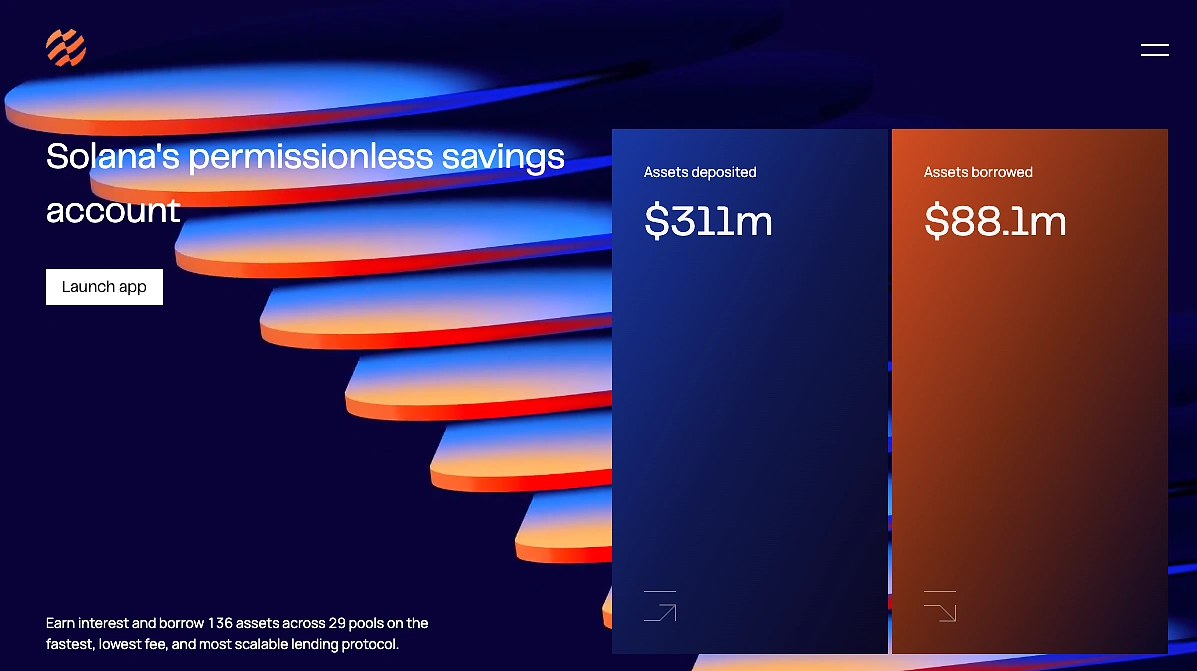
Loan Repayment Behavior: Tracking timely repayments and defaults on previous DeFi loans helps protocols assess a borrower’s trustworthiness and informs future lending decisions.
-
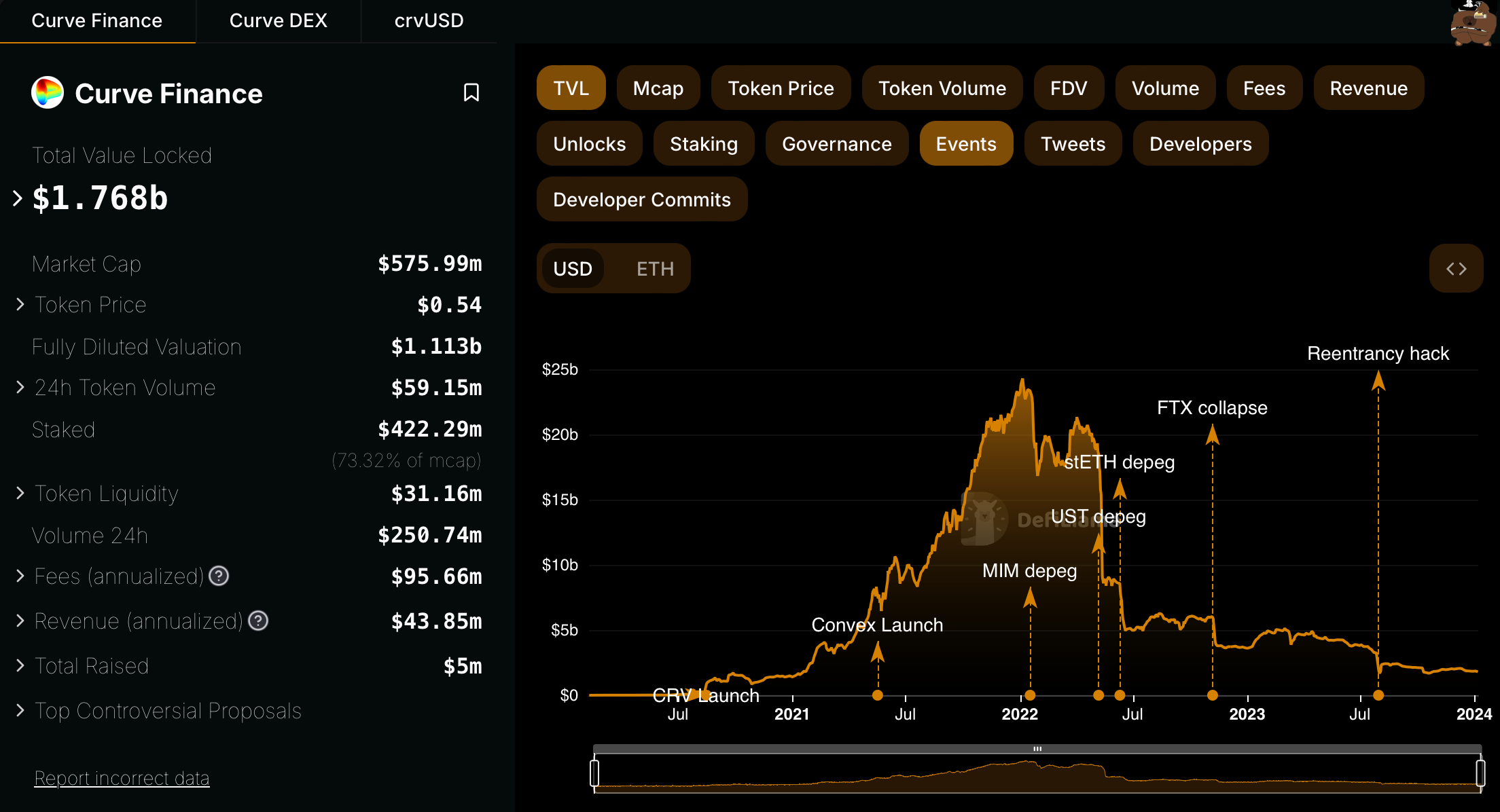
Protocol Engagement: Evaluating user interactions with various DeFi platforms—such as staking, liquidity provision, and governance participation—demonstrates commitment and experience within the ecosystem.
-
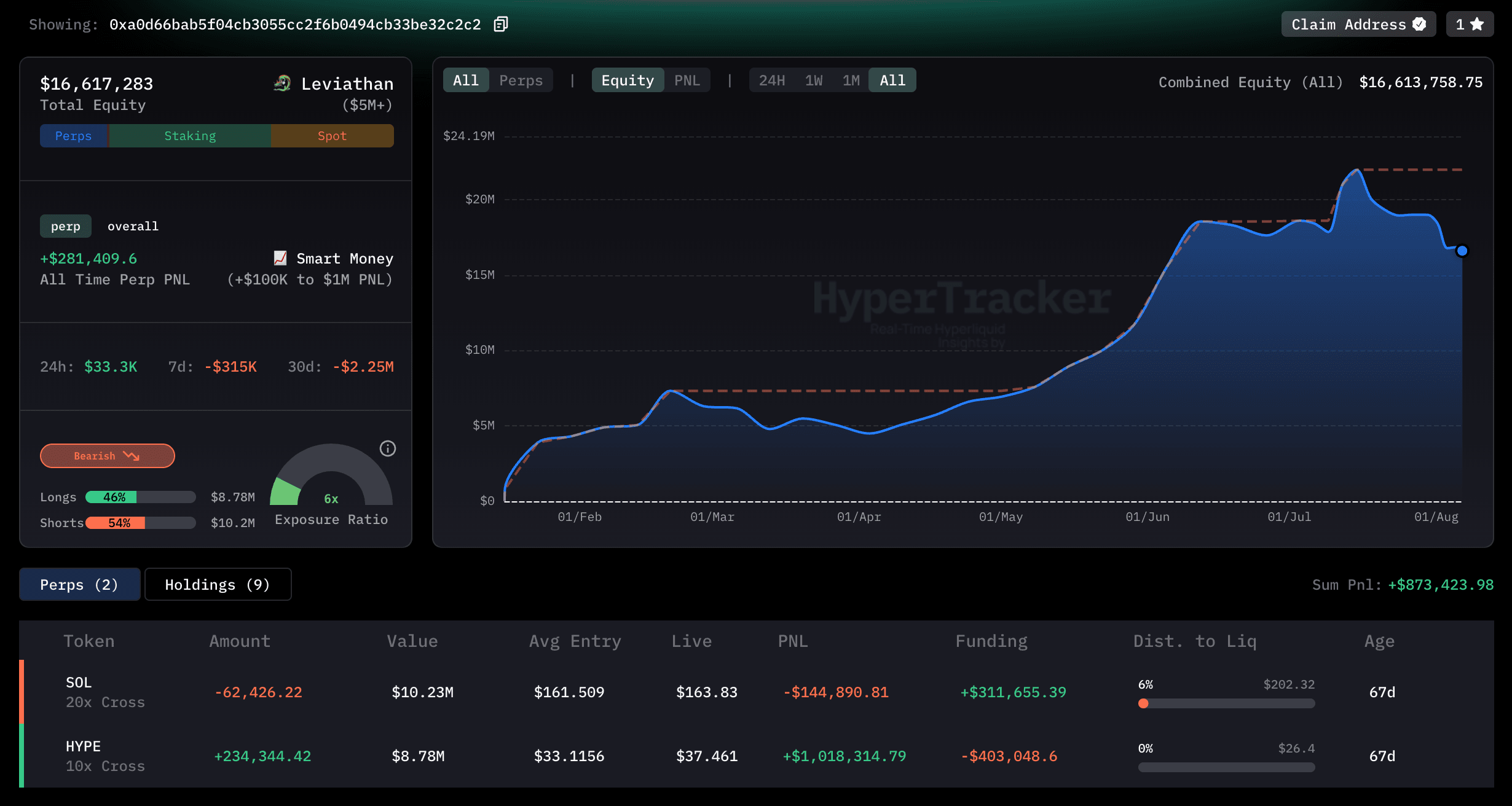
Wallet Age and Activity: Older wallets with consistent, legitimate activity are often seen as less risky, as they indicate a longer and more stable presence in the ecosystem.
-
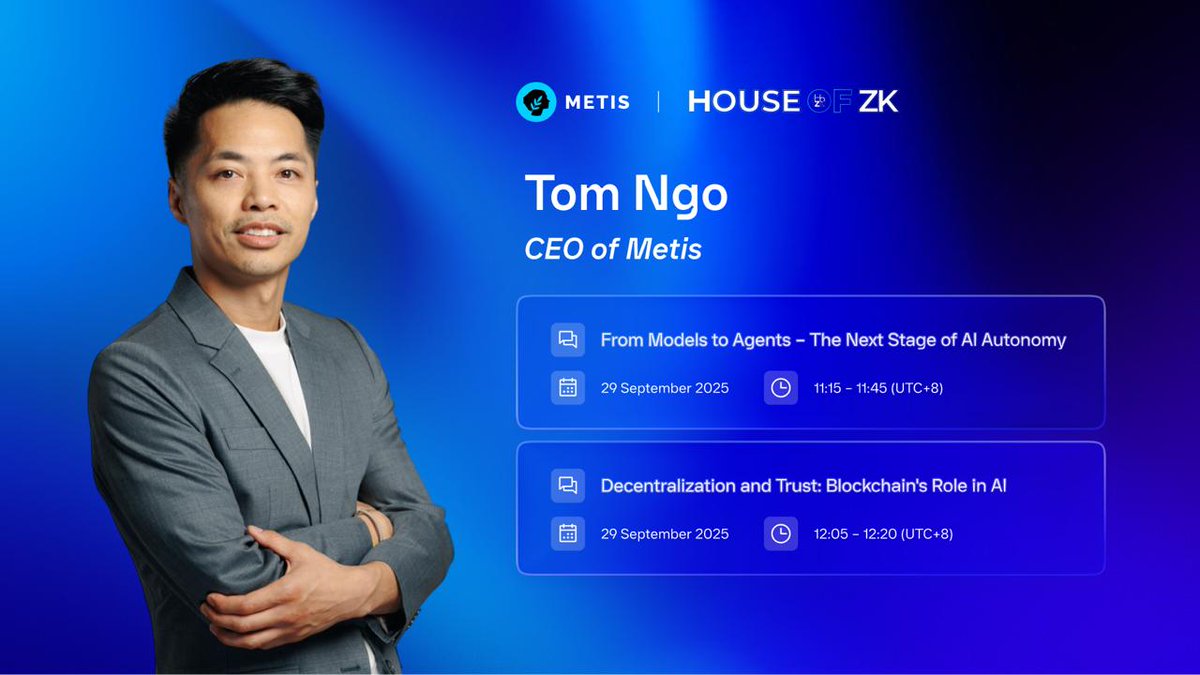
On-Chain Reputation Metrics: Some protocols utilize reputation tokens or scores (e.g., Soulbound Tokens by MetisDAO) to quantify a user’s creditworthiness based on their holistic on-chain behavior.
Lenders use these real-time metrics to make informed decisions about who qualifies for lower collateral requirements. High-scoring users might access loans at 50% or even 20% collateralization, compared to the rigid 150% and ratios seen previously.
This approach does more than just free up capital. It incentivizes responsible behavior: timely repayments and ongoing engagement boost your score, while defaults or risky actions reduce future borrowing power. The result? A self-reinforcing cycle where good actors are rewarded with better terms – all governed by transparent smart contracts rather than opaque institutions.
Pioneers in Decentralized Credit Scoring
A wave of innovative protocols is already proving that crypto credit assessment isn’t just theoretical:
- Cred Protocol: Building decentralized risk models to expand access to undercollateralized lending across global communities.
- Spectral: Introducing the MACRO score as a trustless measure of multi-asset credit risk on-chain.
- MetisDAO: Experimenting with Soulbound Tokens (SBTs) as non-transferable proof of blockchain reputation and lending eligibility.
- Crediflex: Enabling users to borrow above their posted collateral by factoring wallet age and transaction patterns into scoring algorithms.
This surge of development is fueling optimism across the industry. According to recent research, on-chain credit scores could bring trillions in untapped liquidity into DeFi as protocols race to capture underserved markets and drive mainstream adoption. For an in-depth look at how these systems are transforming lending dynamics, check out our resource on how on-chain credit scores enable undercollateralized DeFi lending.
Yet, the road to widespread undercollateralized lending is not without obstacles. Sybil attacks: where users create multiple wallets to manipulate their blockchain reputation, pose a threat to the integrity of on-chain credit scores. Protocols are countering this challenge with innovative identity primitives like Soulbound Tokens and zero-knowledge proofs, which bind credit history to unique digital identities while preserving user privacy. These advances are critical for maintaining trust and ensuring that only genuine reputations drive lending decisions.
Data privacy also remains front and center. Unlike traditional bureaus that collect sensitive personal data, decentralized systems must strike a balance between transparency and confidentiality. Solutions leveraging cryptographic techniques now allow protocols to verify creditworthiness without exposing granular transaction details, setting a new standard for privacy-preserving finance.
What’s Next: Scaling DeFi Lending Through Decentralized Credit
The momentum behind undercollateralized lending is undeniable. As more DeFi platforms adopt on-chain credit scoring, the landscape is shifting toward greater inclusion and opportunity. Lenders gain access to a broader pool of qualified borrowers, while users with strong blockchain reputations unlock liquidity that was once out of reach.
Looking ahead, interoperability will be key. Standardizing how scores are calculated across protocols will allow users to carry their blockchain reputation wherever they go, much like a portable credit passport for Web3. Developers are already exploring cross-chain solutions and composable identity layers that make decentralized credit scoring accessible across the entire DeFi ecosystem.
Key Benefits of Undercollateralized DeFi Lending with On-Chain Credit Scores
-
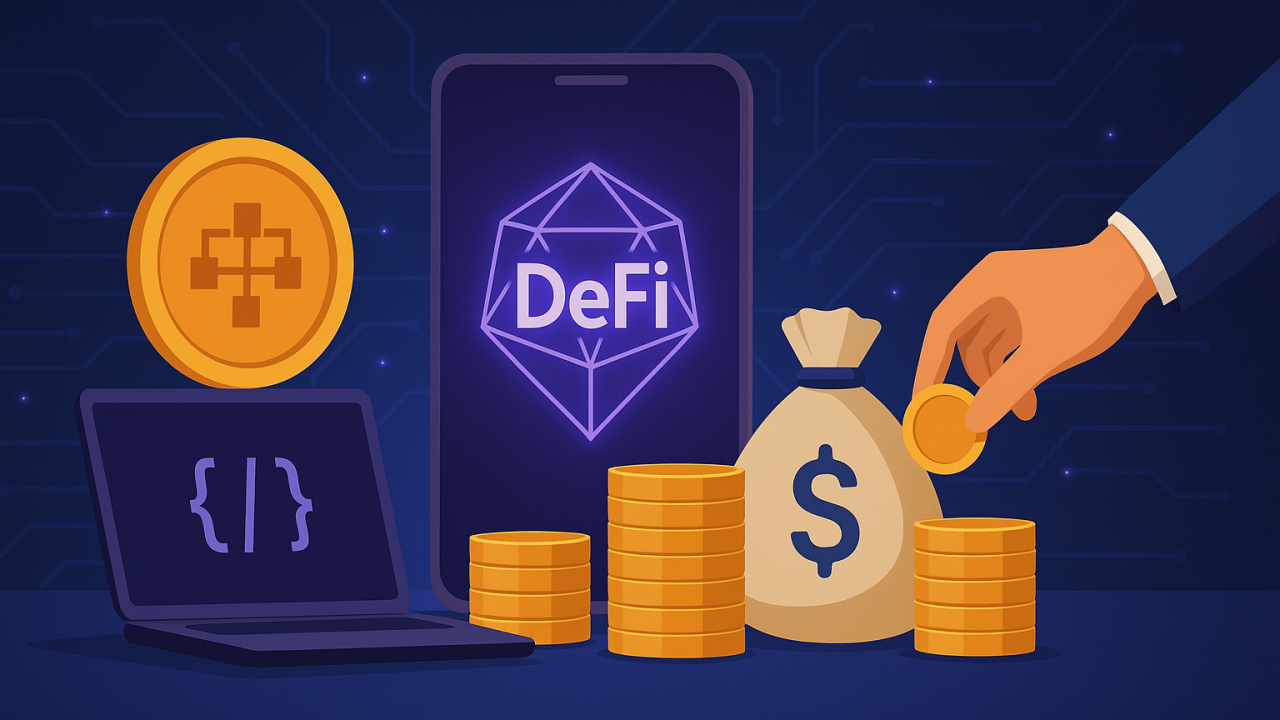
Unlocks Greater Capital Efficiency: By allowing borrowers to access funds with less collateral, on-chain credit scores enable more efficient use of assets, freeing up capital that would otherwise be locked in overcollateralized positions.
-
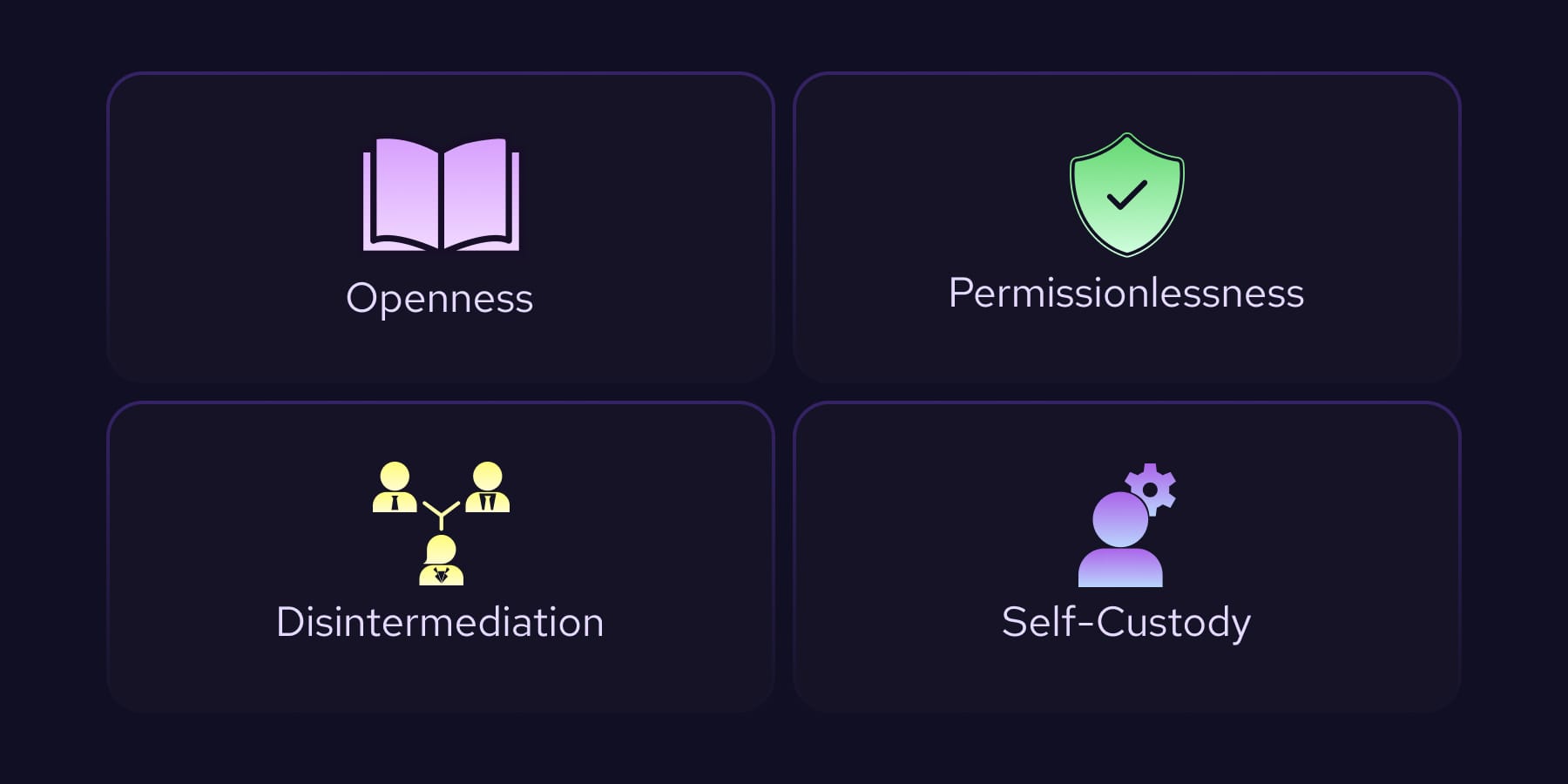
Expands Financial Inclusion: Decentralized credit scoring opens lending opportunities to users without substantial crypto holdings, helping underserved communities participate in DeFi.
-
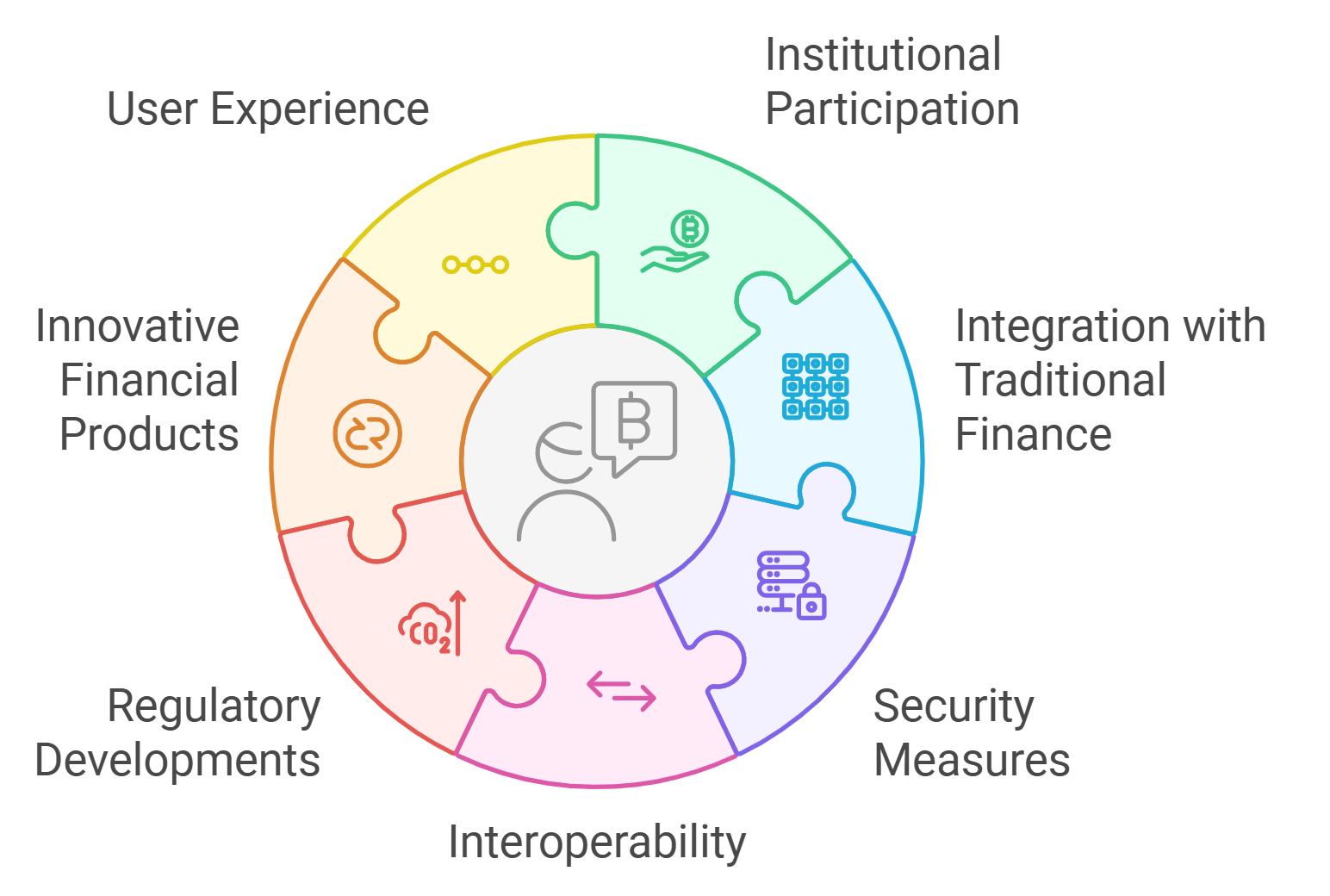
Enables Personalized Loan Terms: Lenders can tailor interest rates and loan-to-value ratios based on a borrower’s on-chain credit profile, offering fairer and more flexible borrowing options.
-

Promotes Transparent and Trustless Risk Assessment: Blockchain-based credit scores provide an open, tamper-resistant view of borrower behavior, removing reliance on opaque, centralized credit bureaus.
-
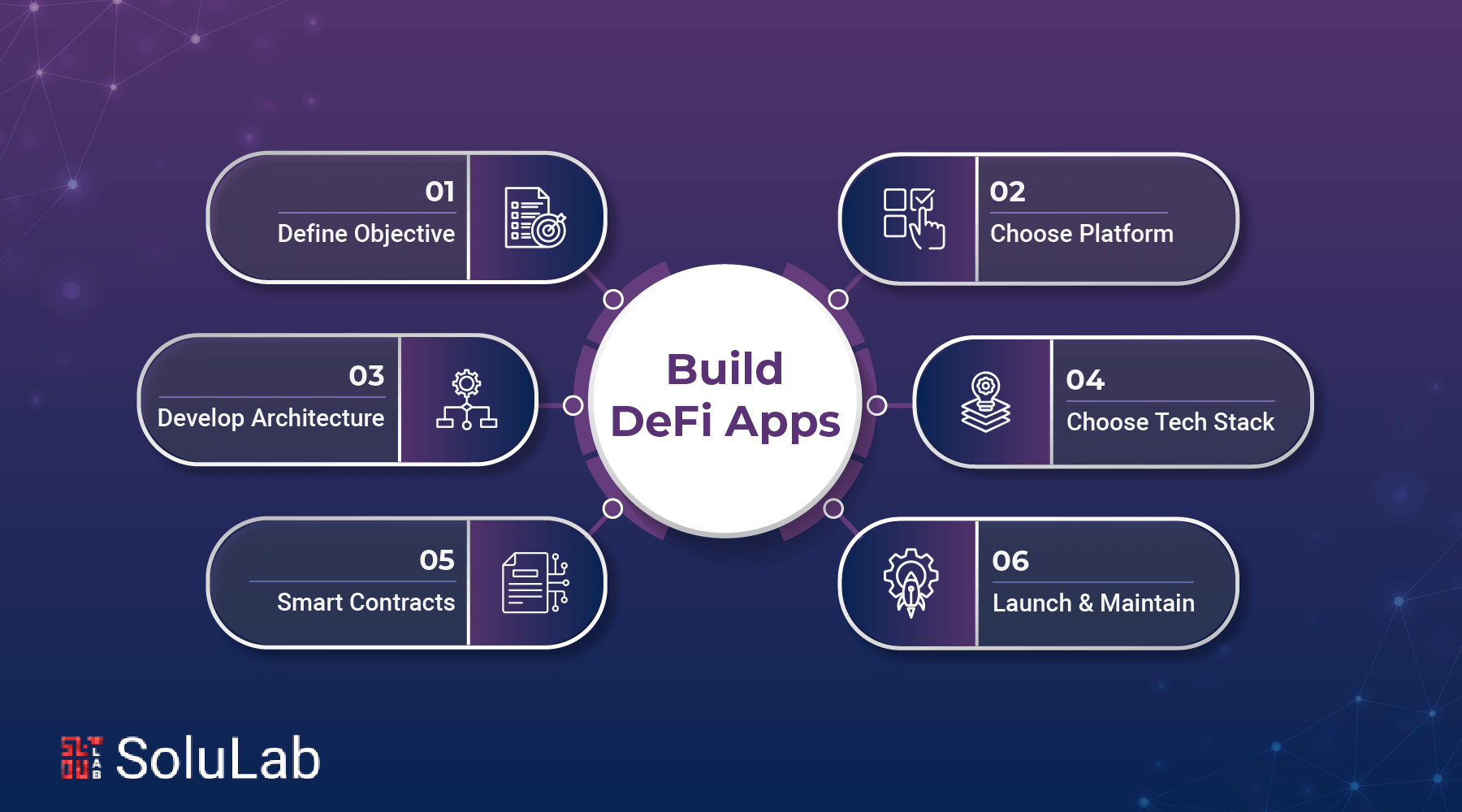
Incentivizes Responsible Borrowing: Maintaining a strong on-chain credit score encourages timely repayments and responsible financial behavior, as poor performance directly impacts future borrowing capabilities.
-
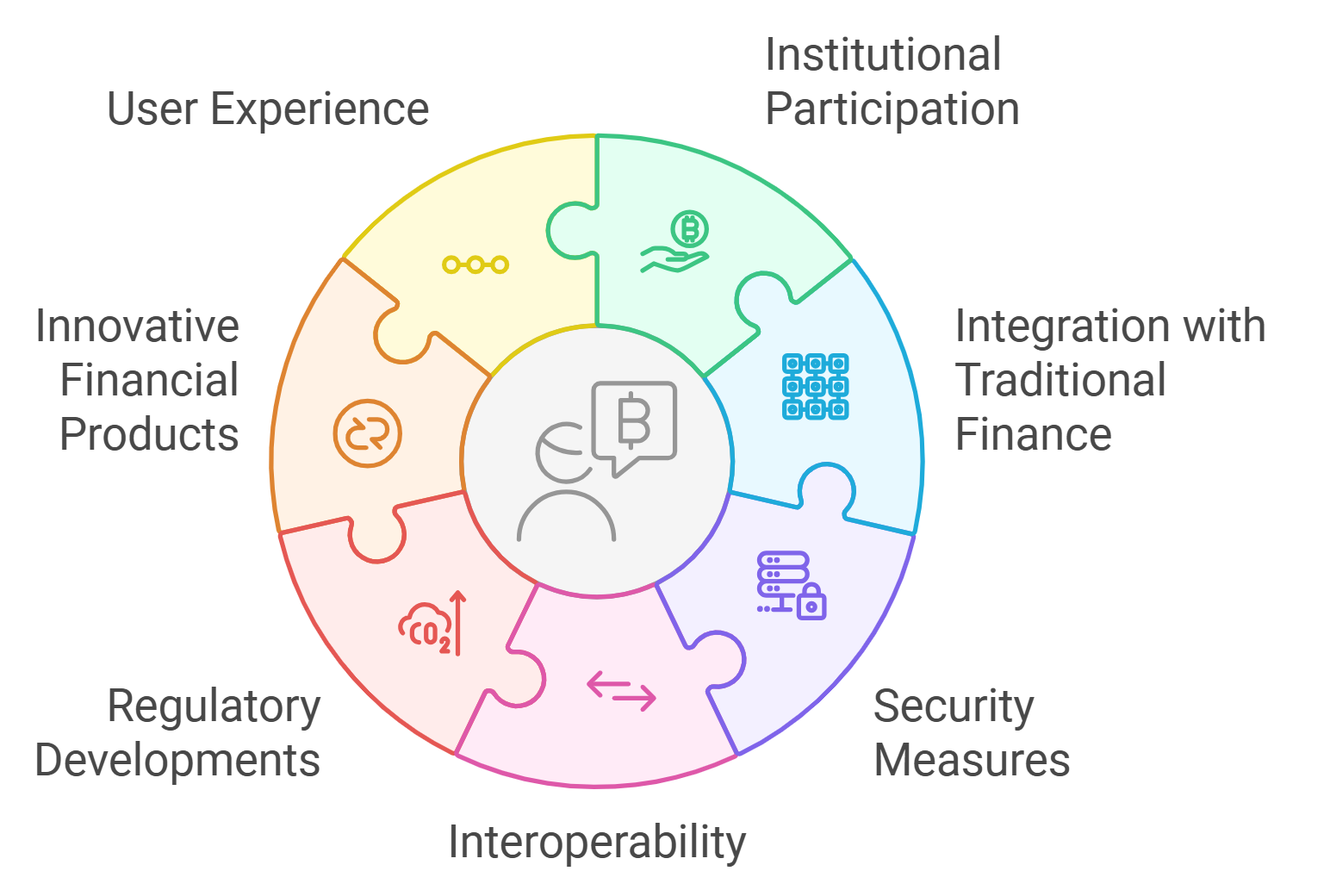
Supports Interoperability Across Protocols: On-chain credit scores can be used across multiple DeFi platforms, streamlining the borrowing process and fostering a unified financial ecosystem.
The result? Capital efficiency soars as idle assets can be put to productive use, and financial inclusion expands as more users gain access to fair loans based on merit rather than wealth or geography. This shift doesn’t just benefit individuals, it unlocks trillions in global liquidity for the decentralized economy at large (see our analysis). For those building or participating in DeFi lending platforms, understanding and leveraging blockchain reputation is no longer optional, it’s essential.
The future of decentralized finance belongs to those who can harness transparent, secure, and privacy-first crypto credit assessment. By rewarding good actors with better terms and expanding opportunity for all, on-chain credit scores are laying the foundation for a more open and dynamic financial system, one block at a time.
